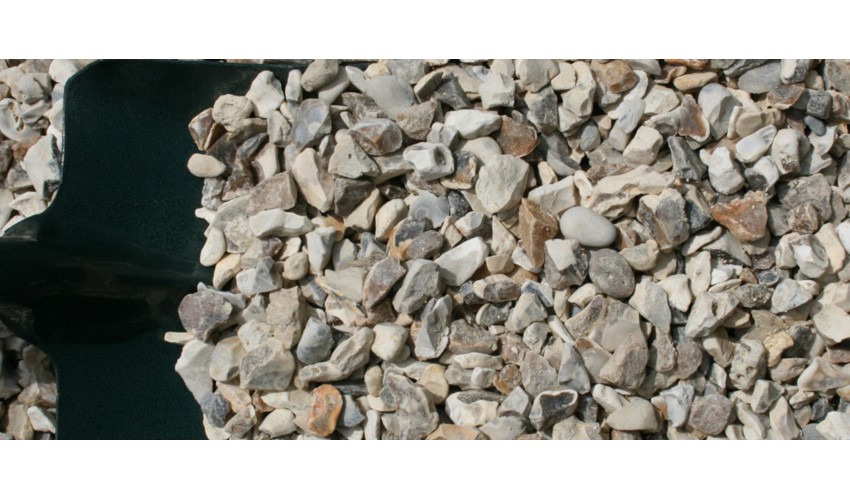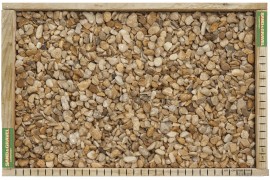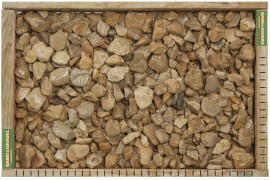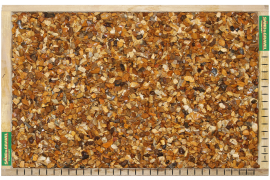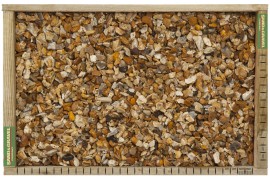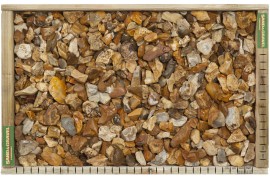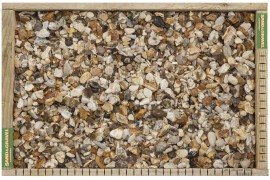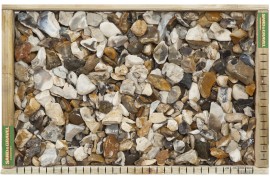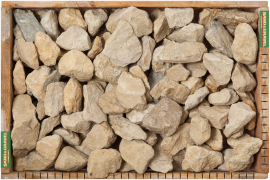It’s always a pain when you over or under buy when it comes to purchasing gravel. Well not now - use our simple gravel calculator guide to find out!
Follow our step-by-step guide:
Step 1.
Measure the length, height, and width of the area
Step 2.
Measure odd-shaped areas by breaking them down into rough rectangular or square shapes and add the length and width to the total area.
Step 3.
Multiply the length by the width to find out the square footage area. You may need to use a calculator for this.
Step 4.
Determine how many inches of gravel will be placed in the area. Multiply the total number of inches for the gravel depth by the total square feet from the previous step.
Step 5.
Convert this number (square feet) into square metres, as we sell our gravel in this measurement. Remember, for every 1 metre, there are 3.28 feet. For example, 20 square feet converted into metres would be 6.1 square metres.
Driveways should aim for a total depth of around 10 to 15 centimetres. This depth ensures a robust foundation, ready to withstand the comings and goings of vehicles and the unpredictable twists of weather.
Walkways or paths should aim for a depth of about 5 to 7.5 centimetres. This provides a stable base for foot traffic, ensuring your path can handle the hustle and bustle of strolling without losing its charm.
Our product pages will outline the estimated area our gravel will cover. These measurements are based on a depth of 25mm.
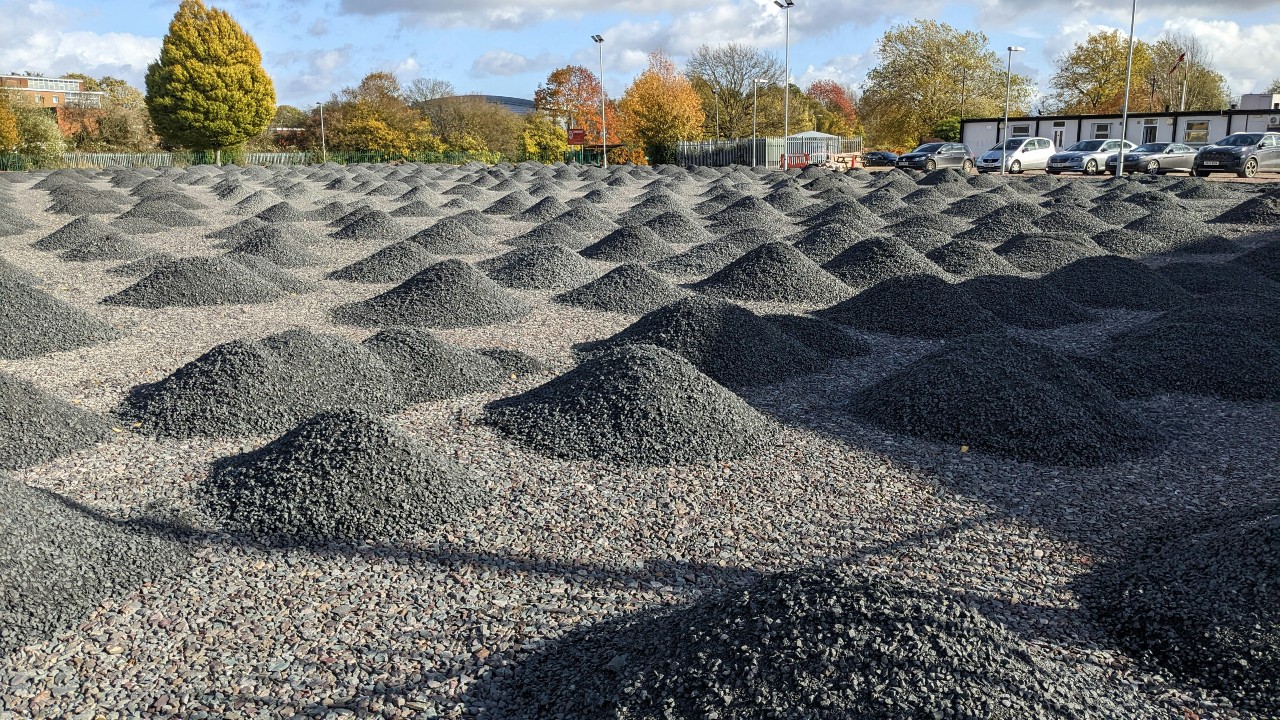
FAQ’s
What is a gravel calculator?
A gravel calculator is a handy tool that helps estimate the amount of gravel needed for a project.
How do I use a gravel calculator?
Input the dimensions of the area you're covering and the desired depth of the gravel. The calculator then gives an estimate of the amount of gravel you'll need in cubic metres.
Can a gravel calculator account for irregular shapes?
Most calculators work best for rectangular or square areas. If your project involves irregular shapes, it's advisable to divide the area into smaller sections and calculate each separately.
What's the ideal gravel depth for different projects?
Driveways, 40-50mm maximum for a loose gravel finish centimetres are common.
Walkways usually 25-50mm depending on depth of stone on site.
How accurate are gravel calculators?
Gravel calculators provide a good estimate, but it's wise to account for some extra gravel to accommodate variations in density, compaction, and potential errors in measuring.
Do gravel calculators consider different gravel types?
Some calculators allow you to select the type of gravel, adjusting the calculation based on its density. It's crucial to choose the correct type to get an accurate estimate.
Can I use a gravel calculator for other materials?
Gravel calculators are tailored for gravel, but there are similar calculators for other materials like mulch, sand, or soil. Make sure you're using the right calculator for your specific project.
If you have any further questions or concerns, please feel free to contact us
